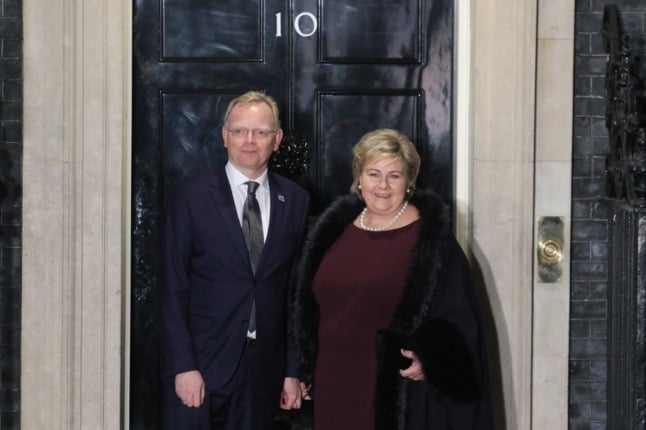“In February, the increase in imports is in part due to energy purchases connected to the cold snap, which caused the deficit to widen to €6.398 billions from €5.593 billion in January,” said the French customs service in a statement.
In addition to the cold weather, three oil refineries were shut for maintenance, also causing a spurt in imports, the customs service noted.
Imports rose to €43.6 billion in February and exports to €37.2 billion.
Exports were helped by good sales of manufactured items, as well as agricultural commodities and military equipment, noted the customs service.
Major deliveries of satellites and a rebound in vehicle exports also helped the monthly figures.
The 12-month trade deficit came in at €70.051 billion.
France posted a record trade deficit in 2011 of €70.104 billion.
France has a big structural trade deficit which is a central concern to policymakers, and contrasts with a big surplus by the leading eurozone economy, Germany.
A trade surplus is important because it contributes to growth of gross domestic product, while a trade deficit tends to be a drag on the economy.


 Please whitelist us to continue reading.
Please whitelist us to continue reading.
Member comments